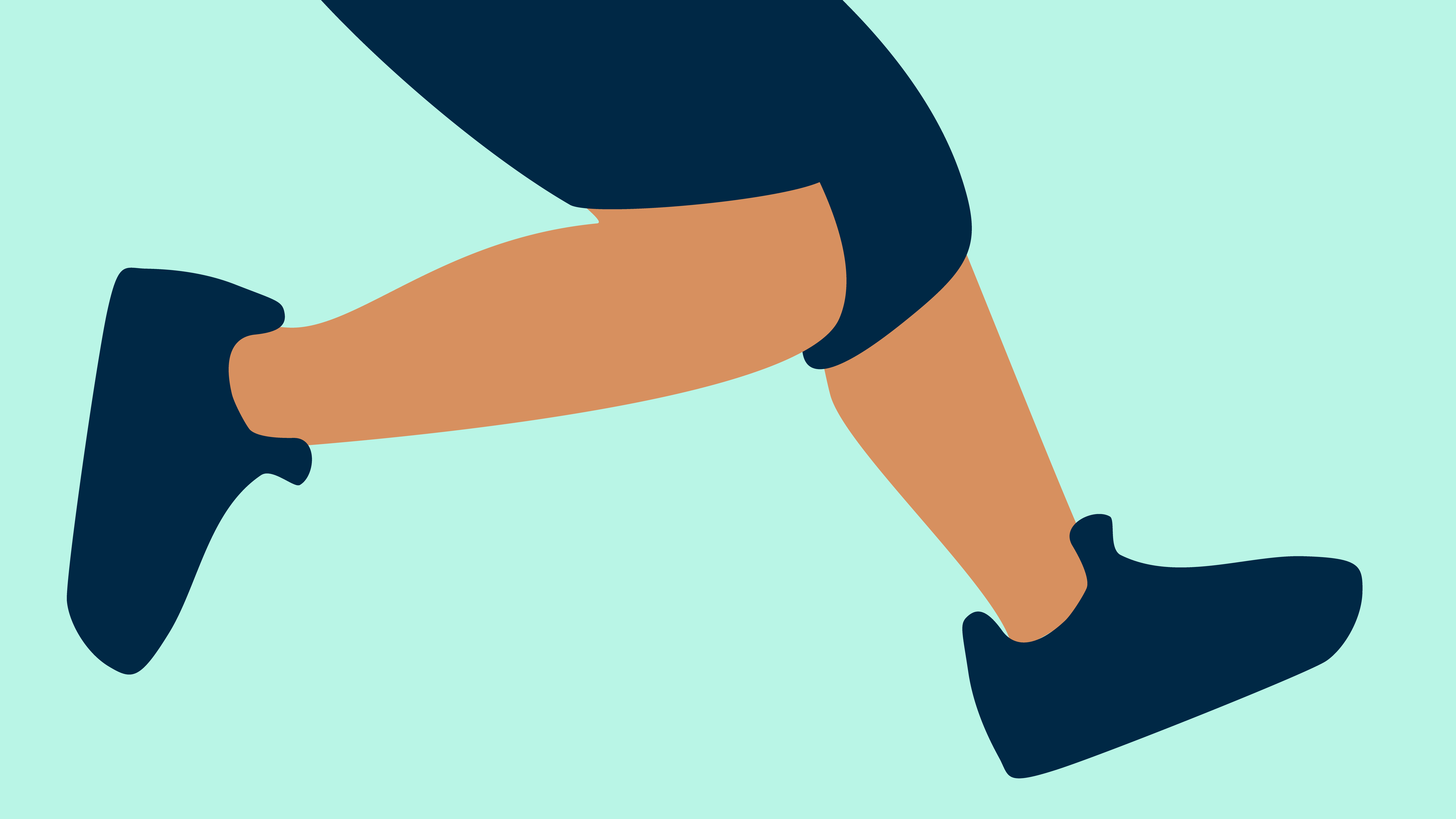On average, most people go for a pee around 6 or 7 times a day, though everyone’s a bit different. If you find that you’re going to the toilet much more than this, you might have problems with urinary frequency.
Feeling like you need to pee all the time can interfere with your life. It can mean planning your day around access to a toilet, it can affect your quality of sleep, and can lead to feelings of anxiety. Urinary frequency can affect anyone, but we’re more likely to get it as we age.
‘Urinary frequency is a problem we see quite often as GPs, most commonly in women and people who have given birth,‘ says Dr Rhianna McClymont, Lead GP at Livi. ‘A few simple measures or lifestyle changes can often make a big difference to your symptoms. But if you’re worried, or these changes are not helping you, then it’s definitely a good idea to chat to a doctor.’
Here are some reasons you might have a constant need to pee, and how to help keep it under control.
7 causes of urinary frequency and what you can do
1. Drinking lots of fluids
The most common cause for needing to pee all the time is also the most simple. Drinking more fluids than usual will mean you need to go to the toilet more often. Forgetting to drink all day then getting thirsty in the evening might also lead to needing the toilet more during the night – this is known as nocturia.
We’re often encouraged to drink more liquids, but if you think you have problems with urinary frequency, try monitoring your intake over the course of a few days. See if there are any patterns that might be causing you to pee more, like the times you tend to drink, and see if it helps to change things up.
2. Choosing the wrong drinks
Some drinks in particular can give you a strong, frequent urge to pee – caffeinated drinks like coffee, tea, energy drinks, and even cola can make you need to go more often. Alcohol is a particular culprit for a constant need to pee.
3. UTIs
Urinary tract infections (UTIs) commonly cause symptoms of urinary frequency, as well as urgency (not getting much notice when you need to go) and sometimes a burning sensation when you pee. If this happens a lot, lasts more than a couple of days, if your urine is cloudy, blood-stained or smells bad, or if you feel generally unwell with UTI symptoms, you should see a GP.
4. Diabetes
Having high blood sugar can make you feel very thirsty, needing to drink more and, in turn, pee more.
5. Pregnancy
Carrying a baby can put tremendous pressure on the bladder, and cause the muscles of the pelvic floor to relax a little, meaning that urinary frequency and urgency are common. Doing exercises to strengthen pelvic floor muscles can be helpful for everyone, not just women – these are called Kegels, and there are apps that can help with this.
6. Constipation
A very full bowel can put pressure on the bladder and can even squeeze the urethra, meaning your bladder might not empty properly when you do go to the toilet.
Usually a good diet, plenty of healthy fluids and exercise is enough to keep bowels healthy and regular. Pharmacists are a good source of advice on over-the-counter remedies, but if constipation is frequent or difficult to manage, you should speak to a GP.
7. An overactive bladder
Sometimes there’s no obvious underlying cause, and the constant urge to pee might just be described as an ‘overactive bladder’, or a ‘sensitive bladder’. This could be the muscles that control the bladder becoming weaker, especially as we age, or sometimes after childbirth.
It’s important to know that getting into the habit of going to the toilet as soon as you get the urge can actually make things worse, as the bladder never fully fills and it loses its tone. But you can retrain your bladder by holding on a little longer before going for a pee. It takes several months, but can be an effective way of getting your bladder used to holding larger volumes of pee for longer periods of time. A Livi GP can provide more guidance to help with bladder retraining.
When should I get help for urinary frequency?
There are several conditions that can cause a frequent urge to pee, and they all have different treatments, so it’s important to get properly assessed by a doctor if taking simple steps at home hasn’t helped.
‘If you’re struggling to identify a simple cause of urinary frequency that can be managed at home, it’s best to discuss the problem with a GP. In your appointment, the cause may become clear from your medical history and associated symptoms, or you may need to have further tests to investigate,’ says Dr McClymont.
Some people might already know they have a condition that affects how much they pee, like reduced kidney or heart function. If you take medications for such conditions – particularly diuretics for chronic heart conditions – you must not stop taking them without advice from a doctor, even if you’re struggling with a constant need to pee.
‘Many chronic health conditions, like diabetes, kidney failure or prostate problems, can affect how frequently you need to pass urine. Many of the medications we use can also affect this frequency. Everyone needs support to manage complex conditions, so always check in with a doctor’ says Dr McClymont.
If you’re struggling with incontinence – not knowing when you’re passing urine, never quite managing to get to the toilet on time, or leaking as soon as you feel the urge to go, that’s a slightly different issue, and might need a different approach. If incontinence is a problem, a GP can refer you to a continence service with specialists in helping people with bladder or bowel control.


